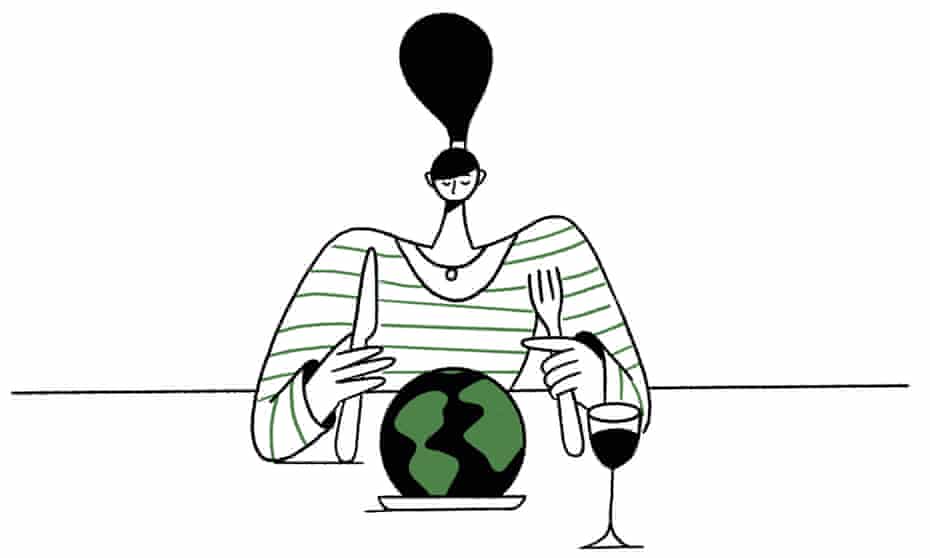Is our planet overpopulated? We ask the expert
Global development lecturer Heather Alberro on whether rising birth rates are really to blame for the climate crisis

Whether it’s Meghan and Harry limiting themselves to two children, or Alexandria Ocasio-Cortez discussing the “legitimate” concern of parenting through climate catastrophe, the ethical question of whether to add more people to the planet has touched society. But is the world overpopulated in the way we think? I asked Heather Alberro, lecturer in global sustainable development at Nottingham Trent University.
Where did the idea of overpopulation come from?
It started with 19th-century economist Thomas Malthus, who argued that population growth would always outstrip available resources. That’s known as a “Malthusian argument”.
“Malthusian” is one of those words I hear only at a specific sort of middle-class lefty dinner party. He’s the guy who said it’s good for humanity to have population controls, right?
He’s not the only one, especially since the 70s when numbers were shooting up. The Population Bomb from Paul Ehrlich is a key text. But this debate has become a fixture in environmental activism, even though the growth is slowing, about to decline, and predicted to stabilise at 10 billion in 2100.
So what is the optimum number of humans?
Nobody knows. Overpopulation is defined as when a species exceeds the current capacity of its ecosystem. We’re consuming the resources of 1.6 planet Earths each day.
I feel the overpopulation debate isn’t looking at the planet as a whole, but countries such as China and India.
And sub-Saharan Africa, whose population is increasing. This is where population discourse has racial, coloniser undertones, often characterising women from the global south as breeding too much and focusing interventions there.
Conglomerates are the big polluters. A hundred companies are responsible for over 70% of the world’s emissions. And isn’t it fair enough that other countries want to develop?
People have a right to live a dignified life. The ecological footprint of somebody in the top 1% can be as high as 175 times that of somebody in the bottom 10%. So saying it’s all about population numbers is simplistic. And a bit rich, after the destruction caused by big business and colonisers on the natural world. We should be talking about redistribution of resources: putting curbs on the ultra rich – and even on us – to change our lifestyles.
How do climate refugees change the calculation?
Hundreds of millions are likely to have fled their homes by the middle of this century, so it’s regions such as North America that will have huge population growth from migration.
Meaning millions more taking up the high-polluting lifestyle. Could the planet sustain us if we changed?
I think so. We need to redefine what the good life is, instead of never-ending expansion, the latest iPhone, jetsetting. The planet can’t take another Jeff Bezos.
Good thing he’s off to space! So, what about having kids? I dreamed I’d have a few, and they’d have a few, and eventually I’d have enough progeny to start a lower league football team.
It’s a complicated issue. There’s always adoption alongside childbearing.
Adoptees welcome at Khan FC! It’s good to have hope.
It is! There is always a possibility things can be better.